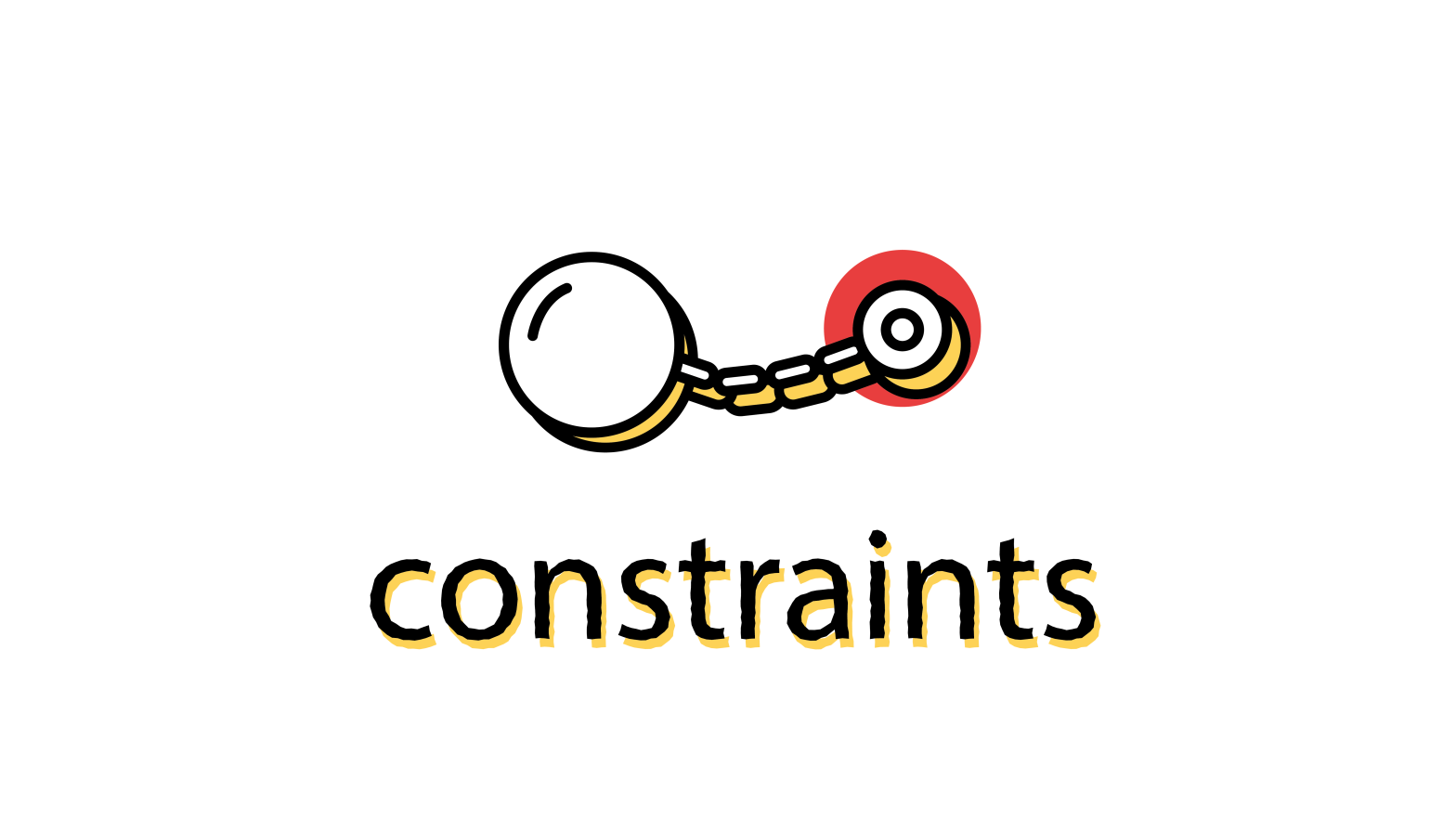Why Do We Evaluate for Creativity and Why Do We Impose Constraints on Creativity Prompts?
By Marcia Banks
If there is no one “right” answer to a prompt asking for a creative solution, why is it we evaluate student creativity?
Even though there is no right answer, creativity, it itself, is subjective. Whether or not somebody finds something original is subjective. However, a subjective evaluation allows us to comment that a given solution is more creative, relatively speaking, than another solution and why we think so, highlighting what we believe is creative, which is a learning element.
Evaluating or scoring for creativity helps us see where we have room to grow and may encourage us to push us beyond our own boundaries so we try new things, coming up with more original and effective solutions. As we push boundaries, we become more and more creative which in turn helps spur innovation, and innovations changes the world for the better.
Why should we impose limitations, boundaries, when seeking for creative ideas, projects?
Many of us assume that the ideal creative process is unstructured, open-ended, and free of external limitations. This is not necessarily so. Working with strictly defined limits may produce more-original ideas and boost creativity. Why?
if given an open-ended task with no limitations, we tend to use what’s worked for us in the past. We reach for the associations that come first to mind or we gravitate toward the responses that have worked well for us before. That’s a prescription for clichés and familiar do-overs.
If we have a project, a prompt, a problem to respond to that is “moderately closed” ,yet not so hemmed in that we have no freedom to experiment, a prompt that has specific constraints, such as a limited budget, or another set of demands, our domains in which we search for solutions are fewer in number, and because of this, we search those domains more deeply. We reorganize and restructure knowledge we have not used previously and have a greater chance of coming up with new associations and connections.
Constraints Fuel Creativity.
Constraints Can Make Us More creative
Soon to come, a conversation with Jim Mourey, Ph.D. Associate Professor of Marketing at DePaul University, on How Constraints Fuel Creativity.
